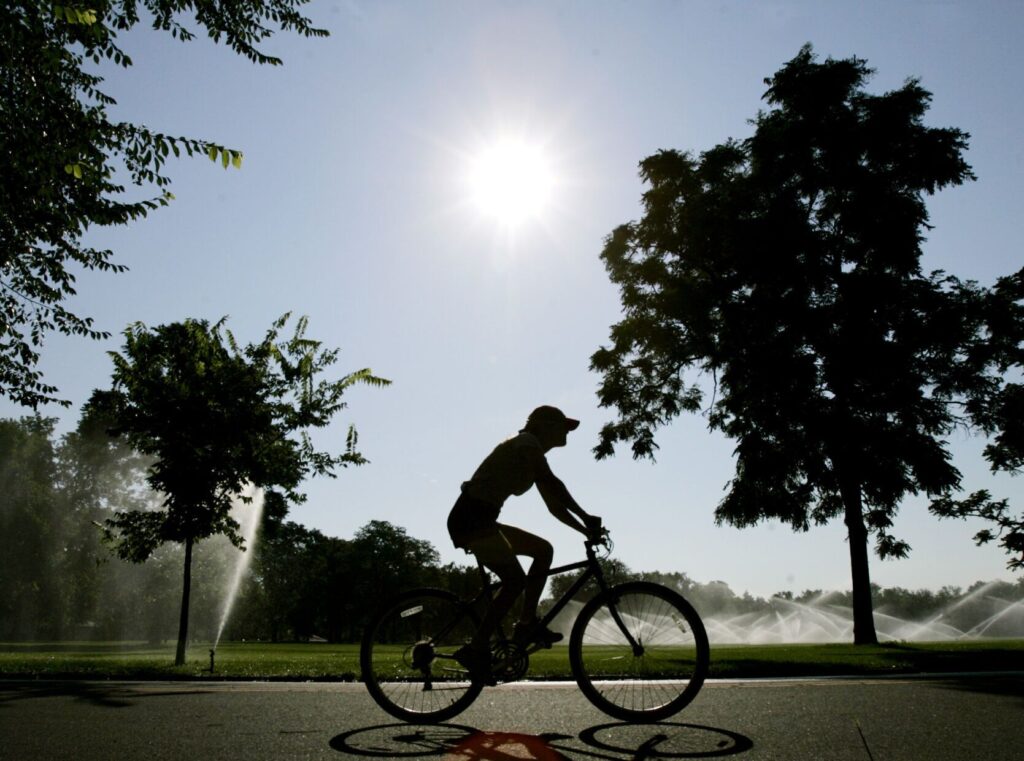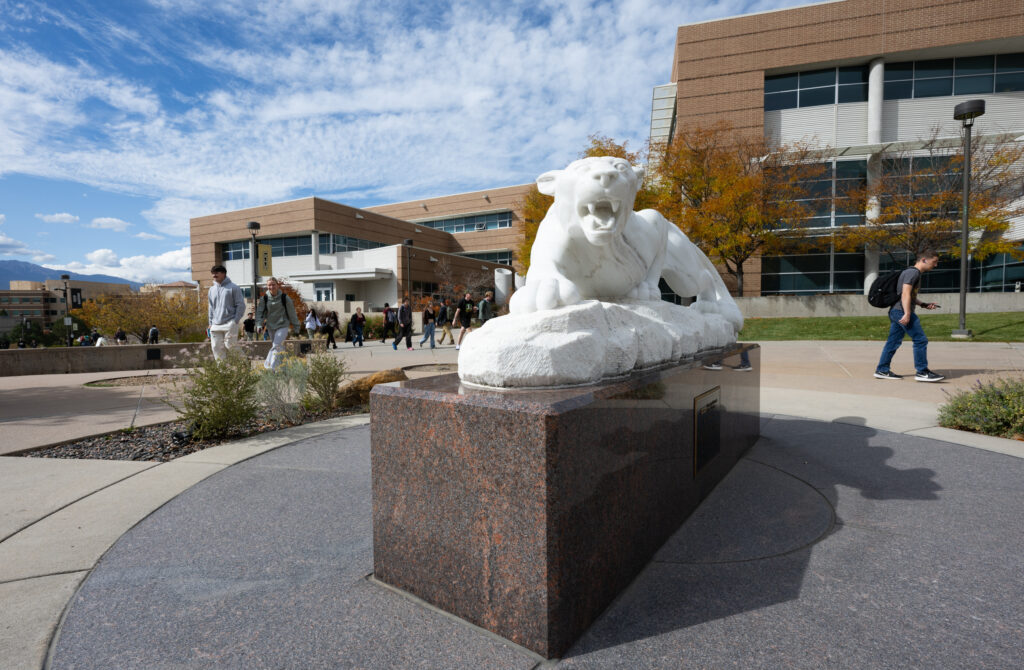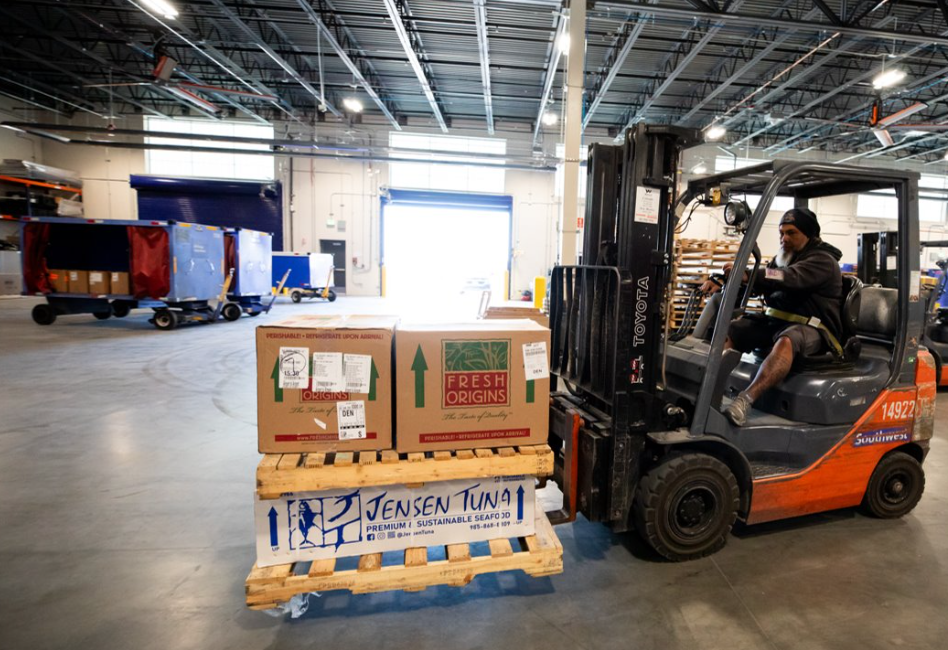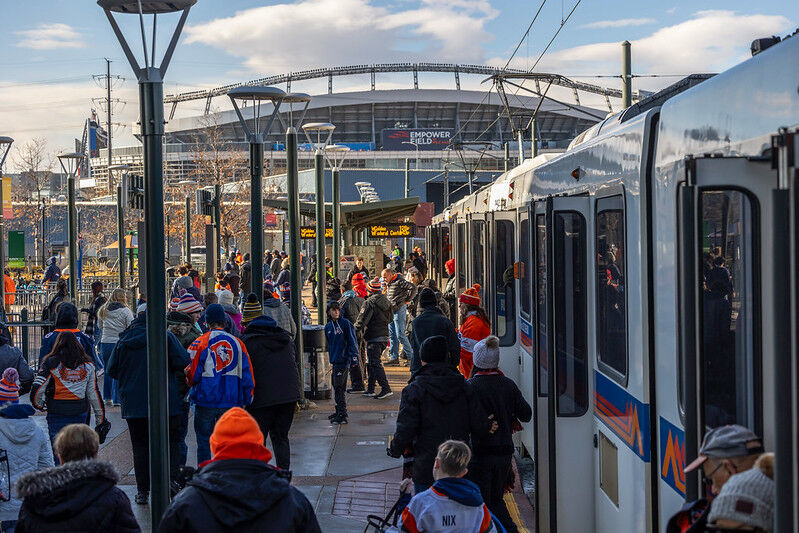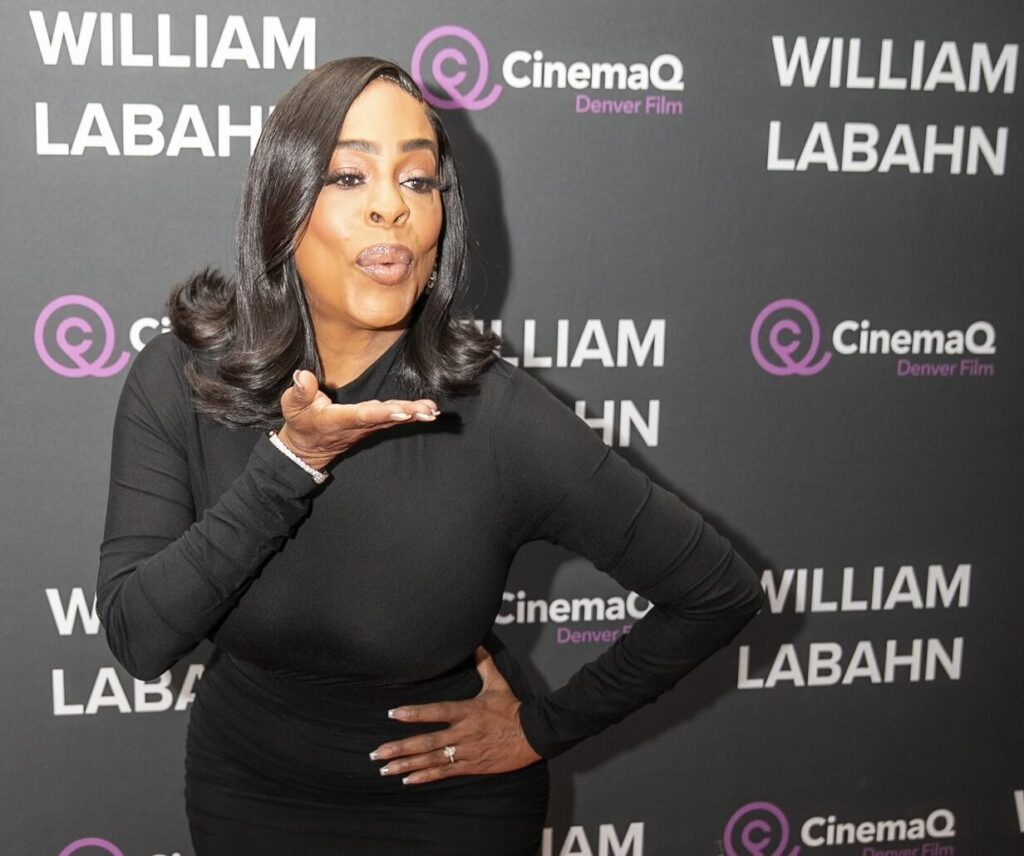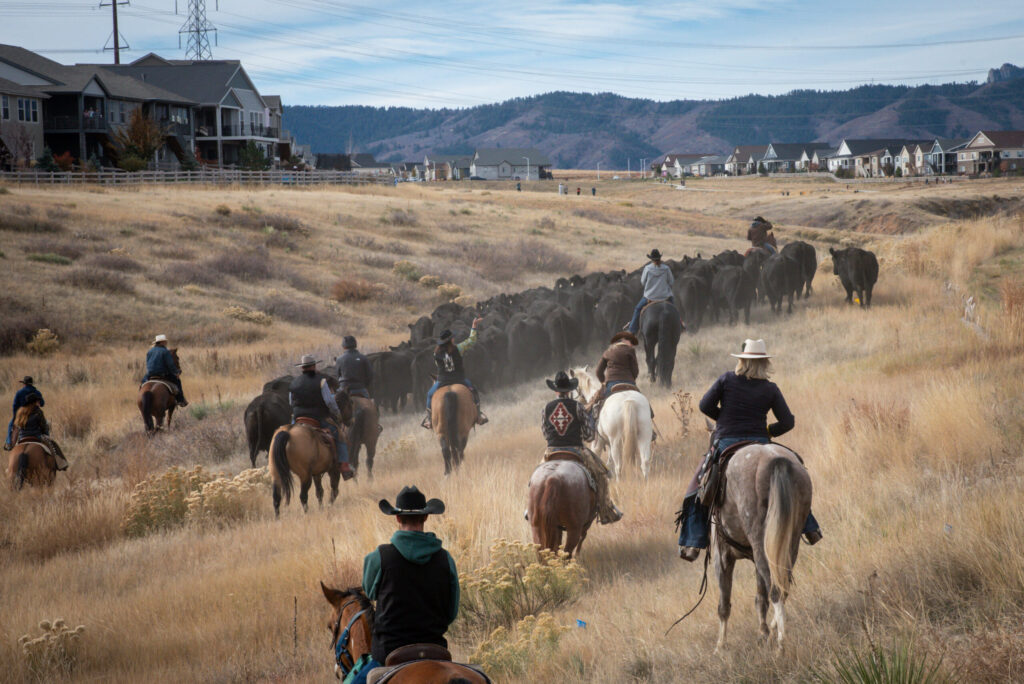Aurora lawmakers move forward with ordinance to limit ‘predatory’ businesses in underserved communities

Aurora City Council moved forward with an ordinance that, if passed at a future regular meeting, would address the clustering of “high-risk” businesses in low-income communities.
The socioeconomic sales and services impact permit ordinance, proposed by Councilmember Danielle Jurinsky, would create a permit for such businesses and grandfather in existing businesses to address what officials called “predatory” businesses.
“High-risk” businesses include pawn shops, vape and smoke shops, rent-to-own stories, marijuana retail stores, convenience stores that sell alcohol or tobacco and bail bond services.
When concentrated, such businesses “detract from a balanced retail environment and can trigger a downward spiral of blight,” council documents said.
Under the ordinance, such businesses could not go up within 2,000 feet of another business of the same type. No socioeconomic impact business could go up within 300 feet of another socioeconomic impact business. They would also not be allowed to go up within 1,000 feet of an extended occupancy motel, within 500 feet of a light rail station or major bus intersection, or in a retail center exhibiting blight or with more than 50% vacancy, council documents said.
The ordinance was approved by all but two councilmembers, Steve Sundberg and Curtis Gardner, in a study session Monday night to move forward to a future regular meeting.
Sundberg voiced his opposition to the permit, calling it “anti-business.”
“This one scares me actually,” he said. “This rubs the cat the wrong way for me as someone who looks to the free market and the constitution to guide us. Are we in the business of determining what kinds of businesses go where?”
Councilmember Alison Coombs supported the idea, but said they need to have more conversations later on when it comes to a regular council meeting about potential discrimination that could come from it.
Councilmember Stephanie Hancock supported the ordinance, saying “no business has the right to harm the neighborhood.”
“Oversaturation of high-risk retail in underserved areas to me is a form of exploitation,” she said. “We as a policymaking body, it’s our duty to prevent, as much as we can without infringing on peoples’ rights to do business, predatory clustering of these businesses.”
The council will vote on the ordinance at a regular meeting Nov. 17, which will also be the council’s first in-person meeting in months.
Aurora City Council has been meeting via video conference since June, when councilmembers voted to meet that way until an official ruling came in from the court in the Kilyn Lewis shooting case.






